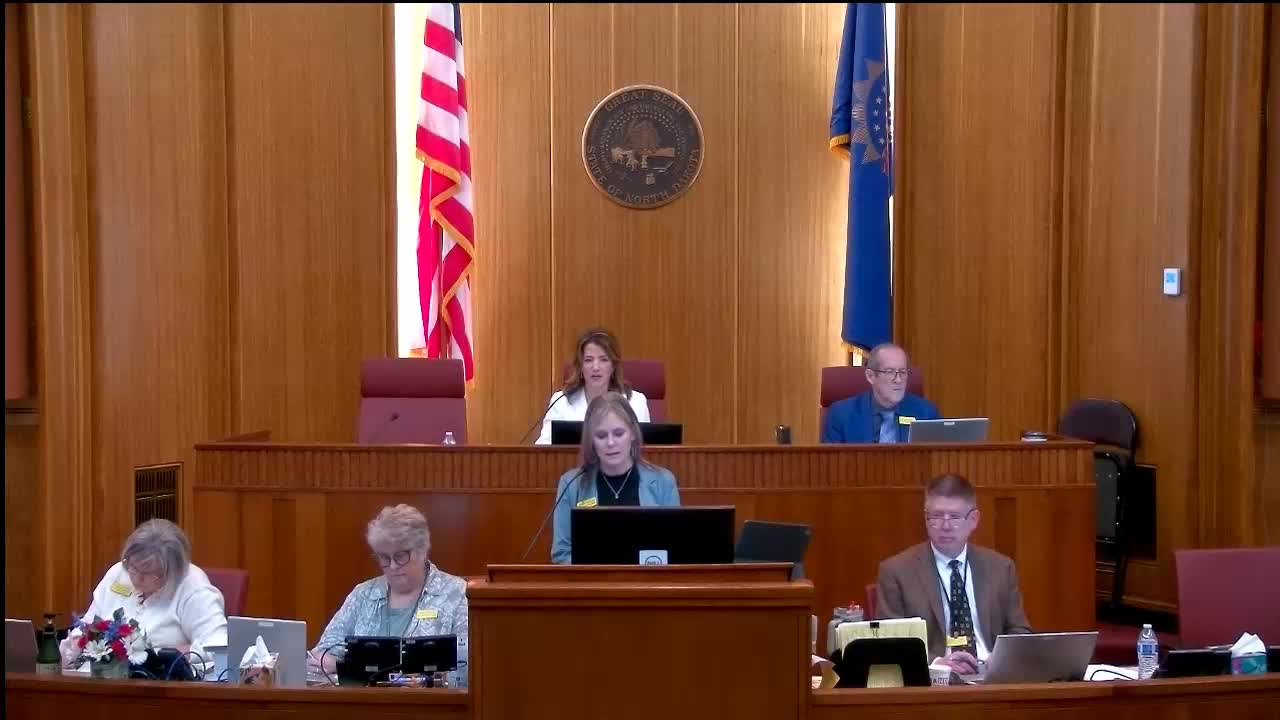Article not found
This article is no longer available. But don't worry—we've gathered other articles that discuss the same topic.
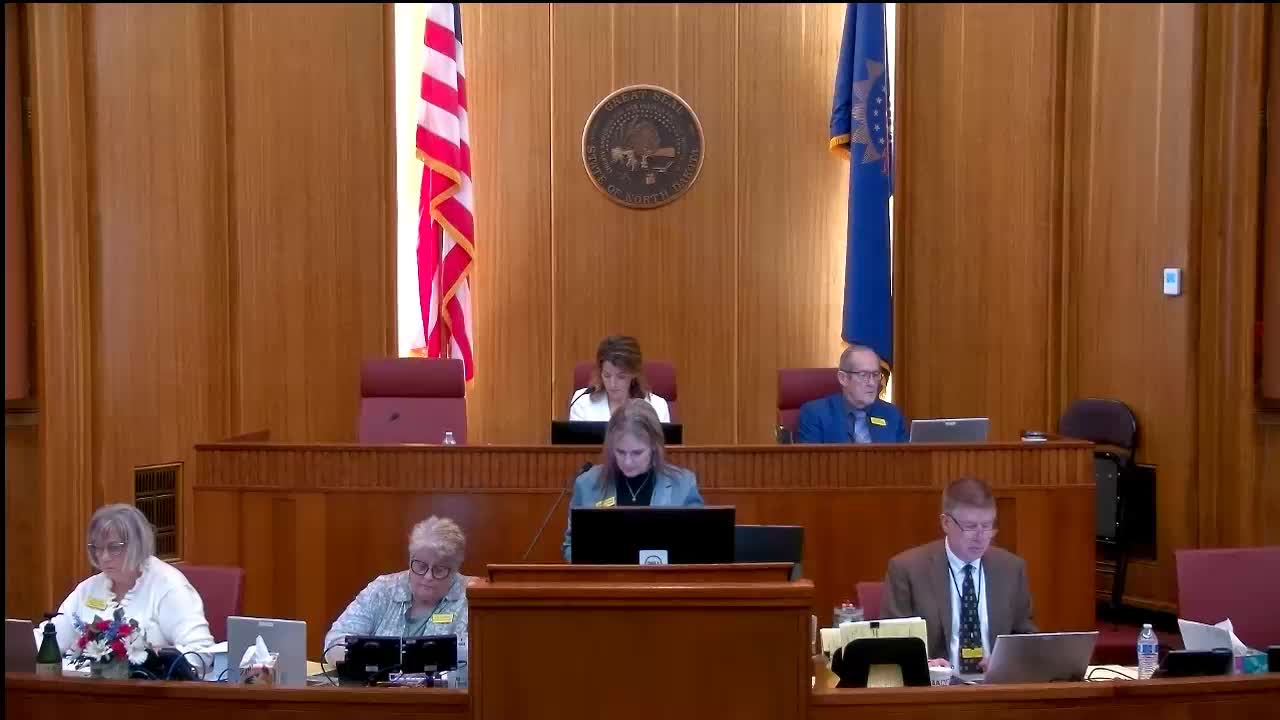
Senate passes Commerce budget; renames 'Office of Legal Immigration' and adds grant-reporting requirement
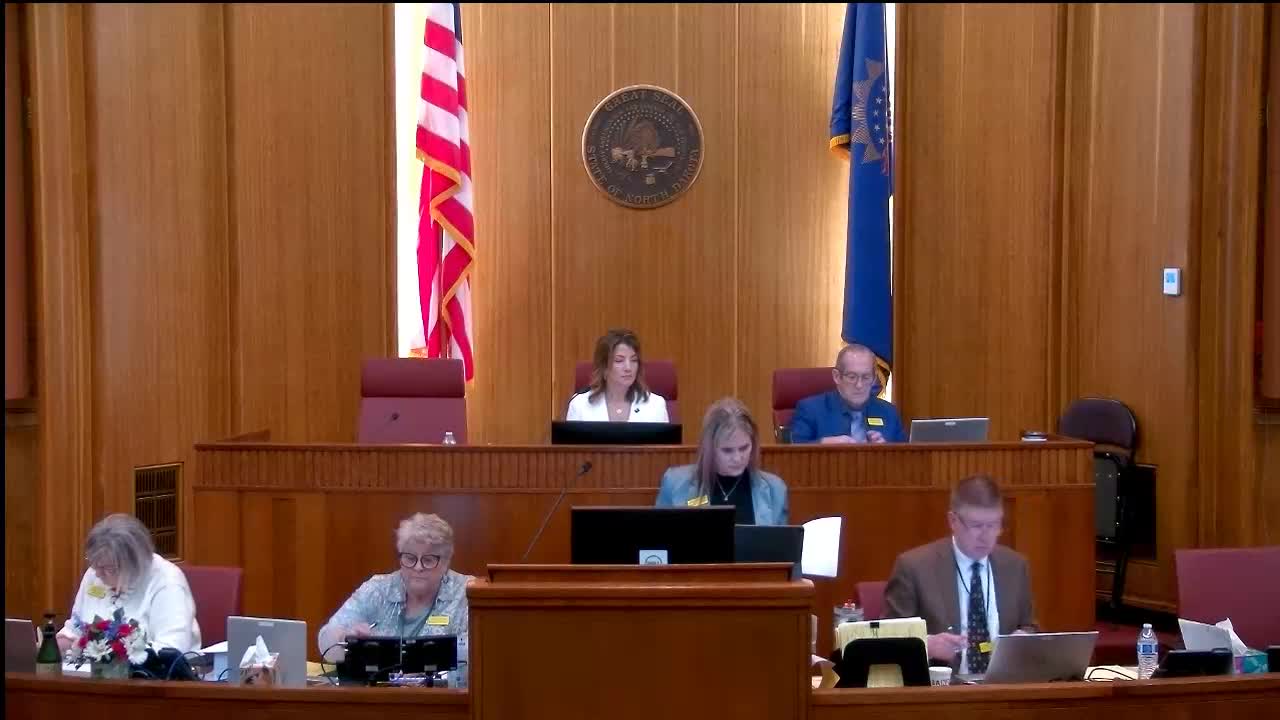
Senate passes judicial branch budget, approves one-time judge salary adjustments and new guardianship office staffing
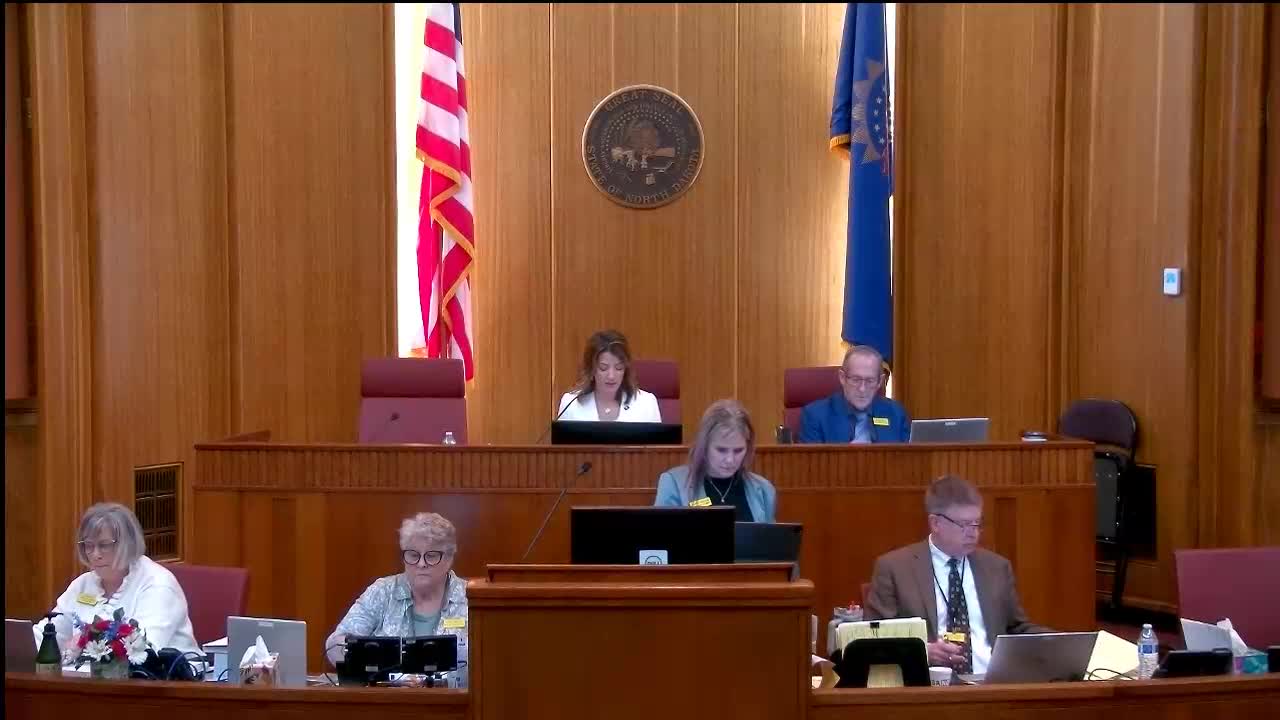
Senate approves Information Technology budget with funding for interoperable radio network and broadband projects
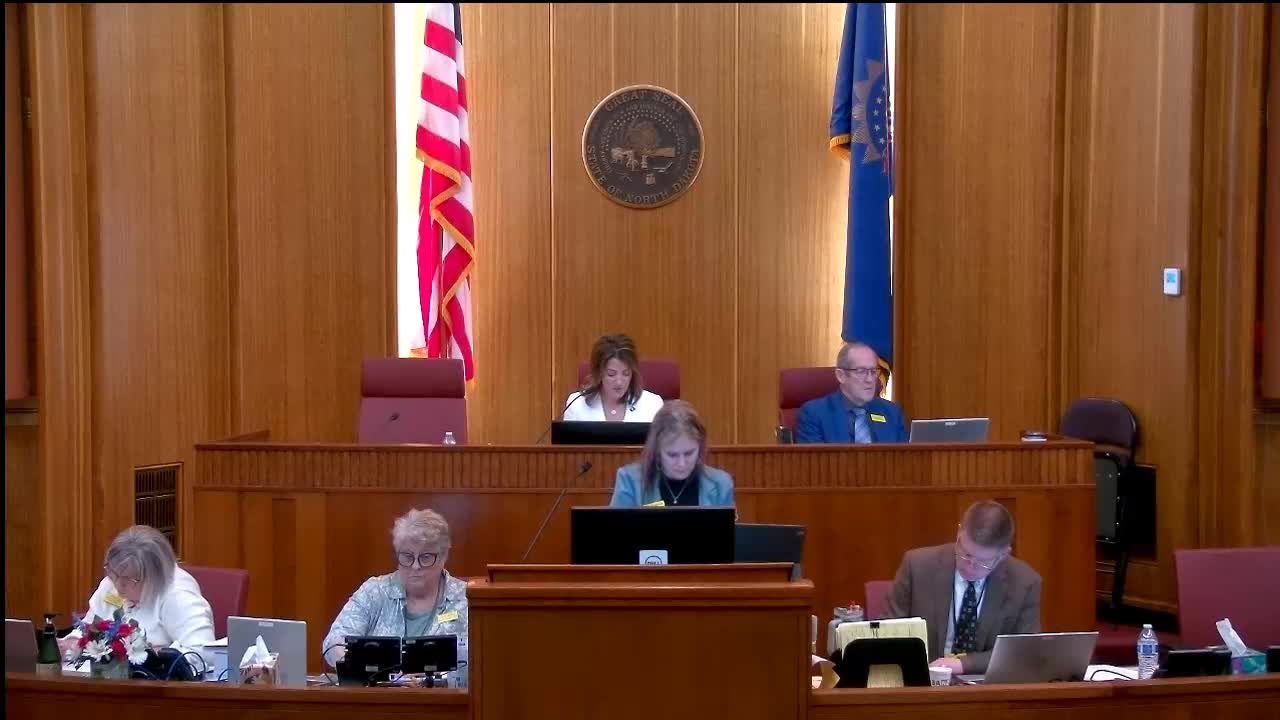
Senate approves bill to create uniform licensure chapter in Title 43
